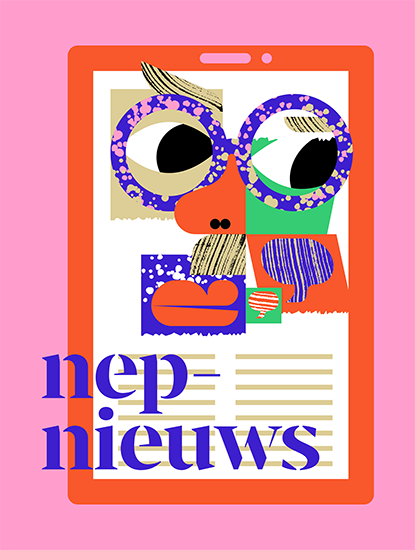Are you in an echo chamber?
Whether we like it or not, we are all part of an echo chamber. It’s only natural to go looking for people with similar interests, values and ideals as ourselves. You meet them at school, at work or in the gym, you become friends and exchange ideas.
Online, you similarly tend to end up in an echo chamber. On social media you’ll mostly be in contact with people you also know in real life. Updates about their lives, what they are doing, what’s important to them and what they think about social issues, … It all ends up on your feed, and there’s a good chance most of it matches your own lifestyle and worldview.
Echo chambers and the role of algorithms
You won’t have as much in common with every (online) friend. Social media know that too. To make sure you enjoy your online world as much as possible, algorithms behind social media decide which content to show at the top of your feed.
Algorithms estimate what you might enjoy or find interesting, which means you have a better chance of seeing messages from people you have more in common with. That way, algorithms make sure you hardly leave your echo chamber.
The risk of echo chambers
If you read very little information that questions the way you see things, you might think that the whole world (or most of it) agrees with your ideas. You end up in a filter bubble: a bubble full of one-sided information that prevents you from being well-informed and hearing all sides of the story.
Echo chambers and filter bubbles don’t just risk leading to polarisation, they also facilitate the spread of fake news. The best way to avoid this is by consulting multiple sources and by not relying on social media alone.
